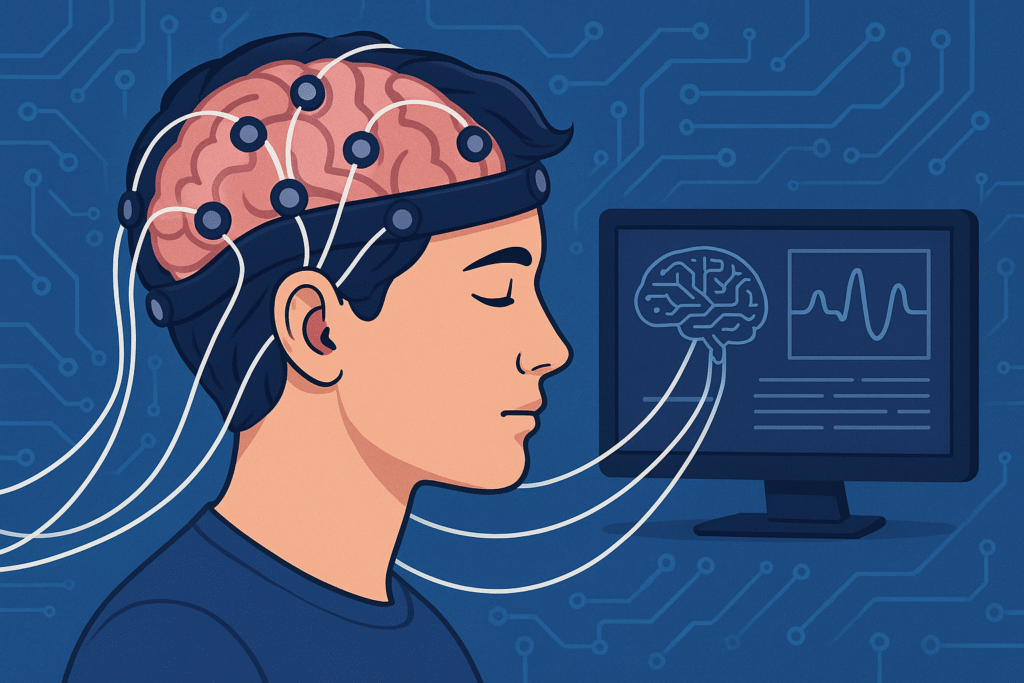A comprehensive review published in Advanced Science has mapped the evolution of implantable brain-computer interfaces (iBCIs), which decode brain signals to control external devices like robotic limbs or communication tools. The study identified 112 trials involving 80 participants, nearly half published since 2020, with most conducted in the U.S. but growing activity in Europe, China, and Australia.
iBCIs hold enormous promise for people with motor impairments, such as paralysis or loss of speech. These devices translate neural activity into commands, enabling users to interact with computers, prosthetics, or even smart home systems. However, the review found that most studies focus on device performance—speed, accuracy, and reliability—while only 18% assess clinical outcomes like improved mobility or communication.
The authors call for standardized metrics and more patient-centered trials to validate iBCI effectiveness. They also created the first global registry of iBCI participants and devices, mapping who has been implanted, where, and with what technology. This registry aims to foster collaboration, reduce duplication, and align future research with unmet clinical needs.
Lead author Esmee Dohle and corresponding author Jamie Brannigan emphasize that proving clinical benefit is the next frontier. While technical advances are impressive, real-world impact—such as restoring independence or reducing caregiver burden—must be measured and prioritized.
The review highlights the need for ethical frameworks, long-term safety data, and intuitive interfaces that allow users to control devices naturally. It also underscores the importance of diversity in trial populations and transparency in reporting outcomes.
As the field matures, implantable BCIs could move from experimental labs to clinical practice, offering transformative solutions for people with severe disabilities. This study provides a roadmap for that journey—grounded in data, collaboration, and a commitment to meaningful impact.

